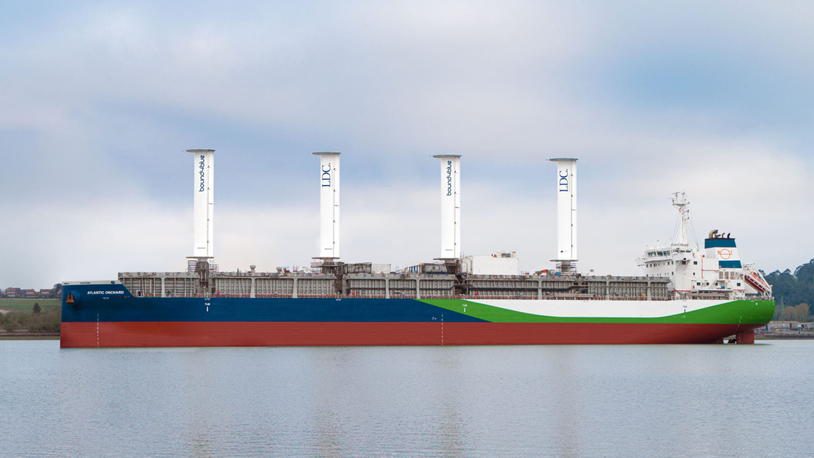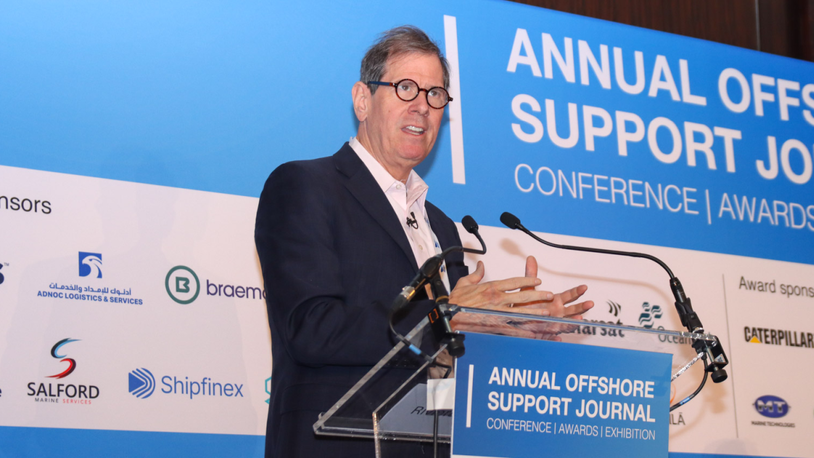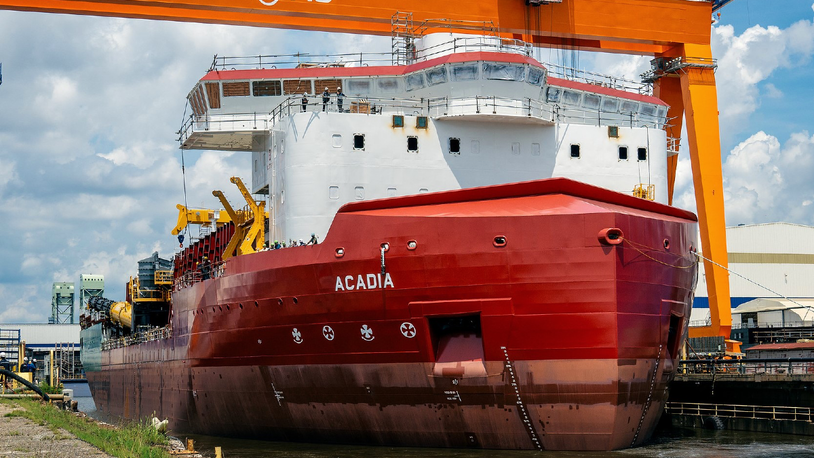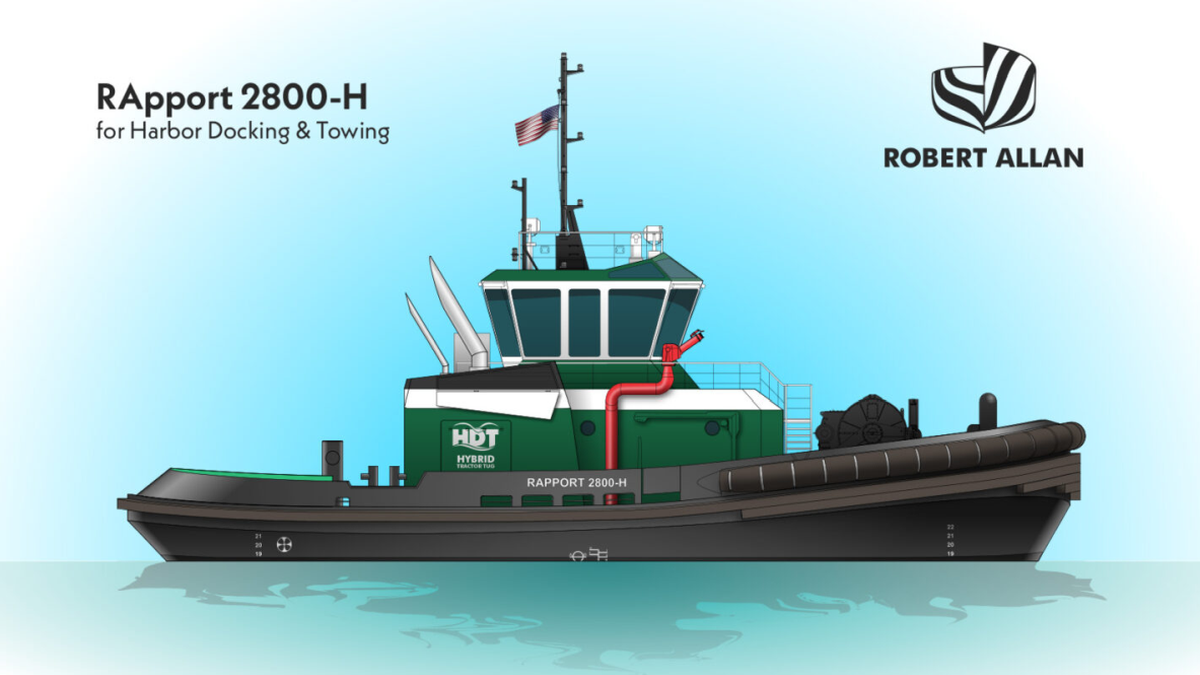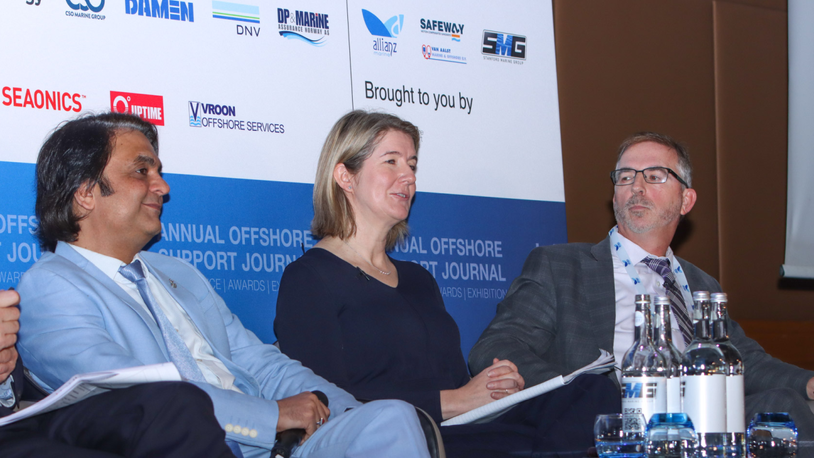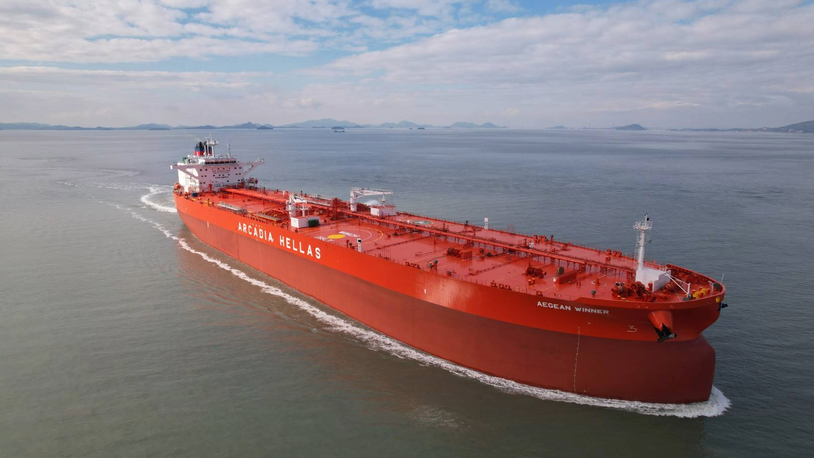Business Sectors
Events
Contents
ITOPF: only three tanker-related spills in 2020
ITOPF’s annual statistics of oil spills from tankers show there were only three incidents where more than 7 tonnes of oil were spilt in 2020
The 2020 statistics from not-for-profit oil spill response organisation ITOPF show that the total volume of oil lost in three incidents in 2020 was approximately 1,000 tonnes, making it one of the lowest years for spills on record.
At a time when the annual volume of oil moved by sea is approximately 3Bn tonnes, this means the effort to ensure oil cargoes arrive at their destinations safely is paying off, reports ITOPF.
Using ITOPF’s categorisation for sizes of oil spill, there were no large spills (>700 tonnes) in 2020, and the three incidents recorded were all categorised as medium spills (7-700 tonnes); with one each occurring in Europe, Africa and Asia.
During the half century since ITOPF’s records began, the frequency of large oil spills (> 700 tonnes) has plummeted such that their occurrence is now a rarity.
To report meaningful changes, ITOPF now needs to refer to its lower categorisation of spills, ie medium spills (between 7 and 700 tonnes).
The average number of spills greater than 7 tonnes per year in the 1970s was about 79, which has decreased by over 90% to just six in the last decade.
When comparing how the oil was spilt in each decade, ITOPF notes that as the number of oil spills have decreased, the relative proportion of spills arising from allisions and collisions has increased, accounting for around 44% of all oil spills from tankers greater than 7 tonnes.
Although accidents regrettably remain a possibility, the shipping industry, supported by governments, continues to strive towards a goal of zero spills, learning lessons from incidents such as these to reach the highest level of safety and environmental stewardship.
ITOPF attends incidents from tankers and non-tankers and for historical reasons, the annual statistics publication only reports incidents involving tankers, combined carriers and barges.
Accidents involving non-tanker vessels which carry oil as bunker fuel, such as container ships, bulk carriers and general cargo ships may also be a source of pollution. This was unfortunately demonstrated following the grounding of the bulk carrier Wakashio off the coast of Mauritius in July 2020.
Please note that planning is underway for the Tanker Shipping & Trade | Americas virtual conference. Sponsorship and speaking opportunities are available. Contact Tanker Shipping & Trade brand manager Paul Dowling at paul.dowling@rivieramm.com
Sign up here for our free technical and operational webinars being held throughout 2021
Related to this Story
Events
Maritime Regulations Webinar Week
Floating energy: successfully unlocking stranded gas using FLNGs and FSRUs
© 2024 Riviera Maritime Media Ltd.


